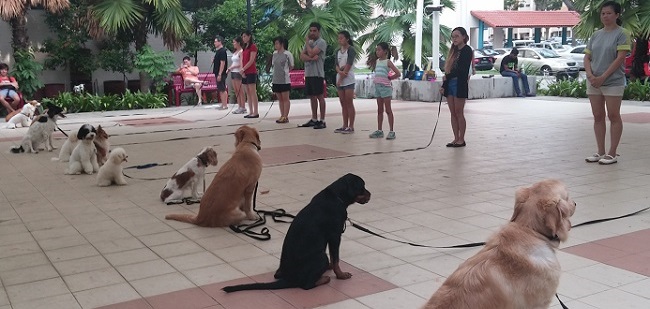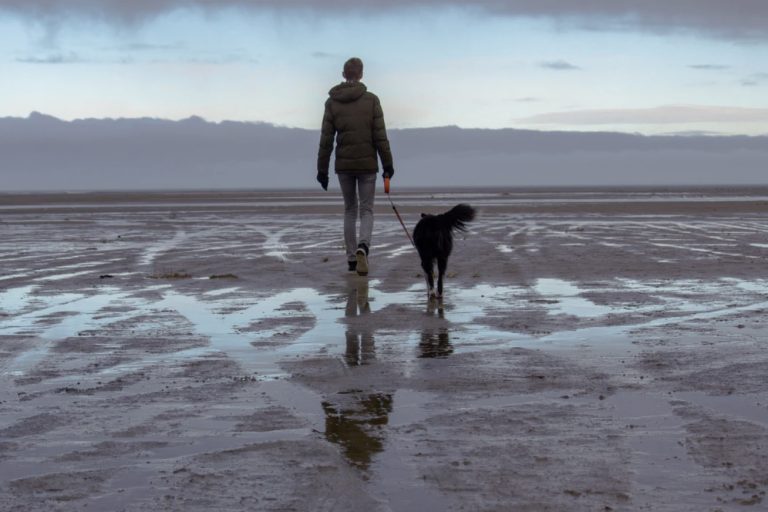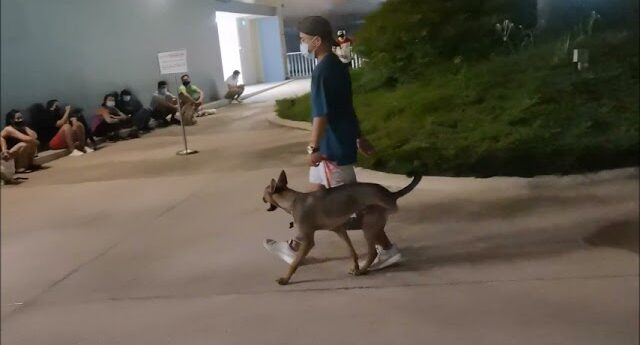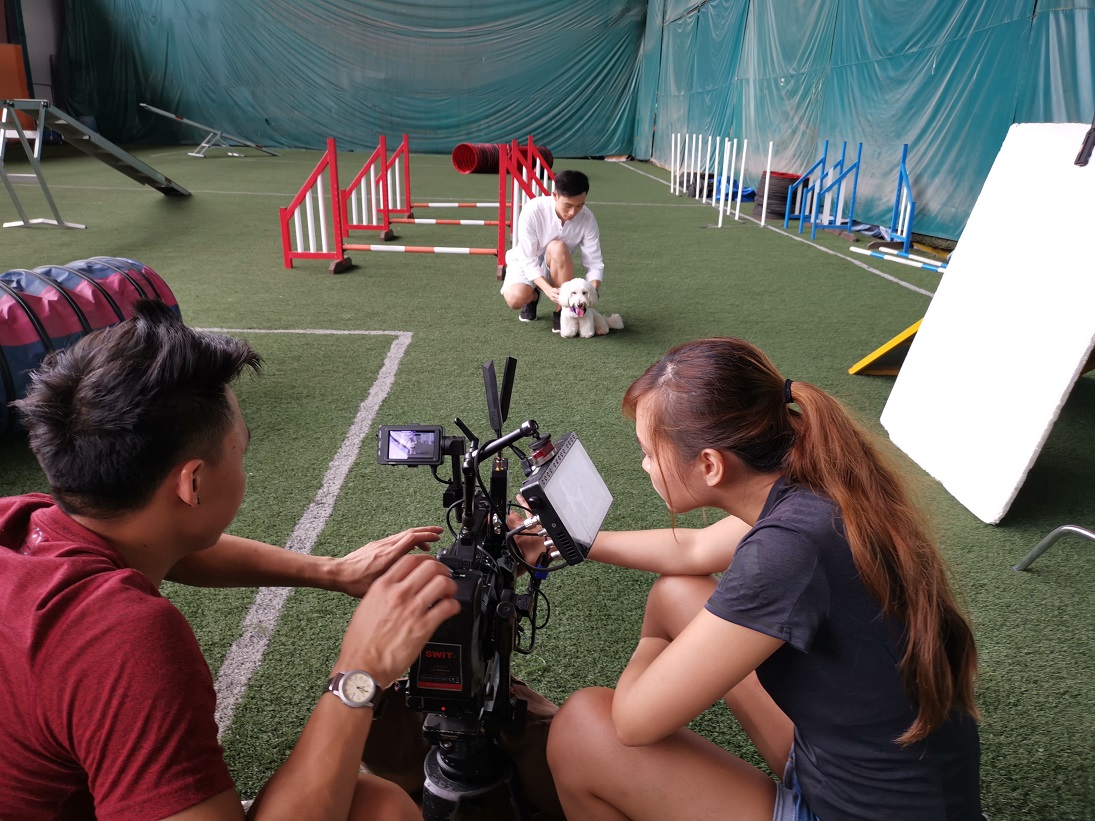Dog Training Mistake #2: Lack of Correction or Reward
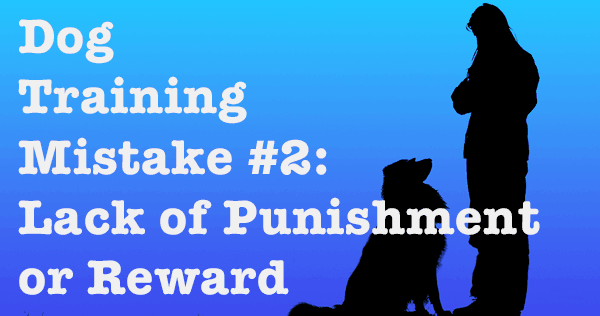
Imagine that you have friends over. You are all talking and laughing, and one pet-loving friend of yours sees some dog treats in a box on the counter. She wants to give one to your dog as a token of friendship. However, when the two of you go to find the dog, you discover him chewing on a wire, something he knows he shouldn’t do. Do you still allow your friend to give him the treat?
Create Consequences
The answer is, no. Your pet acted against the rule book that you established. Even if your friend begs to give your dog a treat, you have to refuse. If your dog receives a treat right after doing something that you have forbidden, your pet perceives it as a reward for the wrongdoing. You would essentially be reinforcing unwanted behavior. Don’t ignore the bad behavior, either, no matter how cute your puppy is or how loving those big doggy eyes are. Think of an appropriate consequence, which may be as simple as a verbal reprimand.
Ignore, Don’t Overlook
Let’s face it— puppies are adorable. When dogs are young, pet owners tend to overlook certain behaviors simply because their pets are so cute. But while a puppy jumping and pawing for attention may be adorable, that same behavior is far less desirable when the dog is older and bigger.
So how should you act when your dog tries to get your attention in an unwanted way? Simply ignore the behavior. This way, your dog becomes convinced that the jumping and pawing doesn’t work the way he wants it too.
Praise the Positive
The flip side of ignoring or reprimanding bad behavior is rewarding good behavior. Always show your pleasure when your dog does something desirable. For example, when your dog comes to you and gently nudges your hand, or sits in front of you and watches you until you look at him, reward him with plenty of attention and love. Your praise reinforces those calmer behaviors, teaching your dog appropriate ways of interacting with you and with others.
As your dog learns a new skill, give him a reward when he performs that skill or activity correctly. Play a game with your dog, pat him, praise him, or give him a treat. Your dog needs confirmation that he is doing it right, and when you reward him, he gets a much-needed boost to his confidence. With your consistent encouragement, he’ll be more likely to perform the skill perfectly next time as well.
Practice Patience
What’s one of your best dog training resources? Of course, one key resource is your local dog trainer in Singapore. Another vital resource is your own attitude. We’re talking about patience. Teaching a dog requires vast amounts of patience, whether you are housebreaking your pet or training him to obey simple commands like “Sit” or “Come.”
When you become impatient or frustrated during a training session, your dog picks up on that emotion and realizes that he is doing something wrong. He may not know what it is or how to please you, which causes him emotional distress and gives the training session a very negative atmosphere. With your own frustration and your dog’s confusion working against you, you are probably not going to accomplish anything. Also, when you’re impatient, you are more likely to hit your dog or punish him in a way that isn’t appropriate, kind, or helpful. Ignoring your dog or calmly rebuking him for bad behavior is punishment enough without physical action.
Be Confident
Arrange dog training sessions at times when both you and your dog are fed, rested, and happy. Work patiently with your pet, and show him that you are confident in your own ability and his skills. In time, the two of you can develop a positive, functional training relationship that brings you even closer together.


